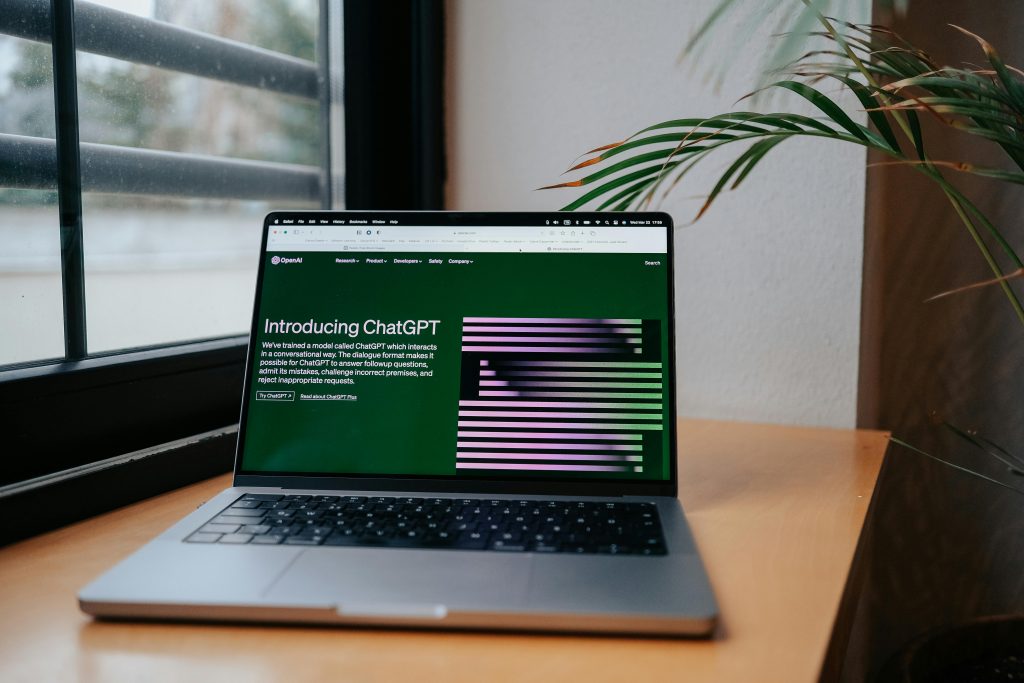

In an order on October 27, 2025, U.S. District Court Judge Sidney H. Stein denied OpenAI’s motion for dismissal in a class action suit for copyright infringement based on ChatGPT’s outputs.
I. Background
The case comes after consolidation of ten lawsuits filed in multiple jurisdictions alleging that OpenAI and its financial backer, Microsoft, had used copyrighted content to train the models that power ChatGPT. In July of 2025, OpenAI and Microsoft challenged the consolidation in New York federal court. They stated that the consolidation went beyond the Court’s permissible scope, and that the new suit added new allegations to the case, expanding the scope of the authors’ claims. At the hearing regarding the consolidation, the Court ruled that the consolidated complaint should only include causes of action that had already been asserted in the separate cases.
In a broad sense, the case is about OpenAI’s utilization of copyrighted work to train ChatGPT and thus infringed upon plaintiffs’ copyrights. Plaintiffs allege that the infringed upon copyright was from authors’ books, through downloading and reproducing plaintiffs’ works, using those reproduced works to train OpenAI’s large language models (hereinafter “LLMs”), and by creating infringing works in the outputs of ChatGPT and other OpenAI LLM products. Essentially, the LLMs are fed with large amounts of text to copy and ingest in order to “identify relationships between words” within the training data. After an LLM has been trained, it can then generate responses that mimic human-authored text. The texts that it has been fed, therefore, are foundational in training the LLMs with high-quality data that enhance the quality of their ultimate output. Further, when prompted, ChatGPT can generate highly accurate summaries of books authored by the plaintiffs, as well as outlines for sequels.
In the case at bar, OpenAI moved to dismiss the class action suit regarding the output-based infringement. OpenAI claimed that plaintiffs failed to allege substantial similarity between their works and the outputs from OpenAI’s product, or to cite examples of the alleged infringement for the court to consider.
II. Prima facie Case of Infringement
In order to defeat a dismissal, plaintiffs must prove that their case is plausible on its face. Copyright law’s purpose is to “promote the Progress of Science and Useful Arts.” Thus, in order to establish a prima facie claim of infringement, the plaintiffs must prove that: “the defendant has actually copied the plaintiffs’ work; and the copying is illegal because a substantial similarity exists between the defendant’s work and the protectible elements of the plaintiffs’.”
The crux of this case is regarding the “substantial similarity” element. When a work contains both protectible and unprotectible elements, the “more discerning observer” test applies. Therefore, the court asks whether there is a “substantial similarity between those elements, and only those elements, that provide copyrightability to the allegedly infringed [work].” The court, in doing so, compares the works’ concept and overall feel of the work and whether the
“infringer” has misappropriated the original way the authors “selected, coordinated, and arranged the elements” of their version of the work.
The Court determined that plaintiffs established a prima facie case for infringement. The defendant has actually copied the authors’ work and a reasonable jury could find that the infringing outputs were substantially similar to plaintiffs’ copyrighted works. In the decision, the Court even included examples of such infringed outputs. They include two outputs from ChatGPT that infringe upon the copyrighted work of well-known author, George R.R. Martin, who authored the Game of Thrones series.
Thus, because the plaintiffs established a claim against OpenAI based on ChatGPT’s outputs, Judge Stein denied OpenAI’s motion for dismissal and the case continues on.
III. Impact
The use of ChatGPT has opened the door to multitudes of questions, concerns, and uncertainty in moving forward in almost every aspect of daily life. Many questions and concerns remain unanswered or unpredictable. However, with the decision on October 27 in mind, one thing is for certain – this is not the end of ChatGPT, OpenAI, or Microsoft in court. It will be interesting to see how this case pans out after the denial of dismissal, as the Court will still listen to arguments on the merits at a later date.
Sources
Lauren Berg, OpenAI Can’t Shake Authors’ ChatGPT Infringement Claim, LAW 360, October 27, 2025 (https://www.law360.co.uk/articles/2404371/openai-can-t-shake-authors-chatgpt-infringement-claim).
Elliot Weld, OpenAI, Microsoft Challenge Authors’ Proposed Class Action, LAW 360, July 16, 2025 (https://www.law360.com/articles/2365721/openai-microsoft-challenge-authors-proposed-class-action?_gl=1*mgher4*_ga*NTE1OTE2MDQwLjE3NjE2NjM5OTM.*_ga_03RG29TNXP*czE3NjE2NjM5OTIkbzEkZzEkdDE3NjE2NjQwODQkajQxJGwwJGgw).
Order Denying Dismissal, SDNY (2025) (https://assets.law360news.com/2404000/2404371/https-ecf-nysd-uscourts-gov-doc1-127138452540.pdf).

